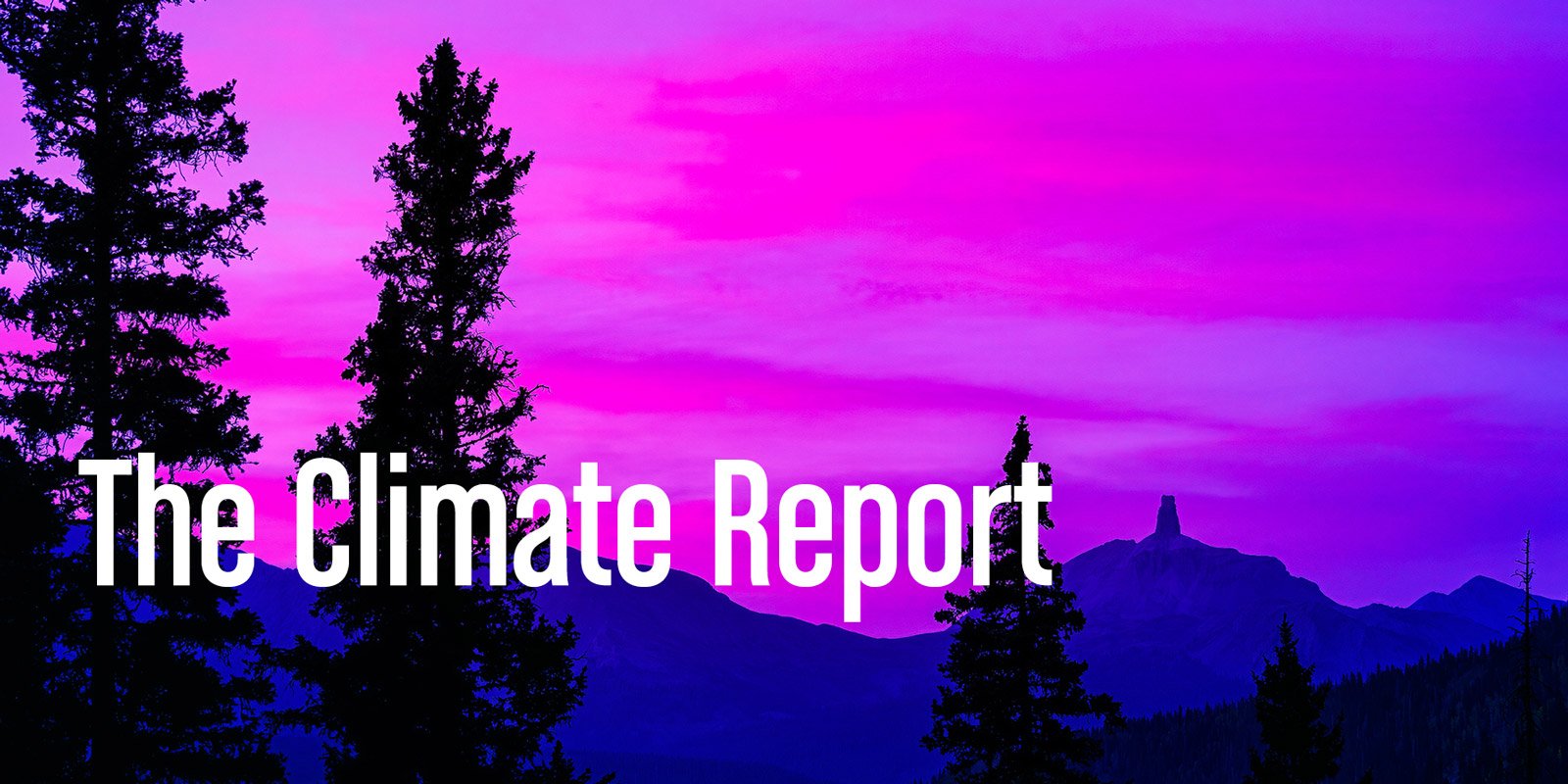
Australian Carbon Credit Scheme Under Scrutiny
With a change of Australia's federal government in May 2022, there has been a radical shift in the country's position on climate change mitigation and the energy transition. The new Labor government has committed to a carbon emissions reduction target of 43% below 2005 levels by 2030. That target is markedly more ambitious than the previous government's target of a 26% to 28% reduction over the same period. For those doing business in Australia, this policy shift presents both heightened risks as well as commercial opportunities, as Australia accelerates efforts to reach net zero by 2050.
One mechanism by which businesses operating in Australia can seek to reduce their carbon footprint is by earning Australian carbon credit units ("ACCUs") (for example, by avoiding deforestation or regenerating forests) or by purchasing ACCUs on the secondary market to offset the entity's emissions.
The ACCU market was set up in 2011 by the establishment of the Emissions Reduction Fund ("ERF") pursuant to the Carbon Credits (Carbon Farming Initiative) Act 2011 (Cth). The ERF is a voluntary scheme which aims to incentivise organizations and individuals to reduce their emissions by issuing ACCUs in exchange for carbon abatement activities. Under the scheme, one ACCU equates to one tonne of carbon dioxide equivalent that is stored or avoided by a project.
One anticipated consequence of the recent government policy shift is that there likely will be stronger demand and higher prices for ACCUs as entities seek to offset their emissions more aggressively. Importantly, however, this coincides with the Australian government's announcement in July 2022 of an independent inquiry into the integrity of ACCUs. The announcement of the inquiry follows whistleblower reports to the effect that the scheme is largely a sham and a fraud on Australian tax payers due to the lack of additionality for many of the credits—i.e., ACCUs are being issued for projects that would have been completed anyway (such as regrowing vegetation after it has been cleared, or commitments not to clear vegetation that was never going to be removed), or for projects that are not permanent.
Professor Ian Chubb, a former chief scientist of Australia, has been appointed to lead the inquiry. The terms of reference are to inquire into the integrity of ACCUs, including:
- The governance of the carbon crediting scheme;
- Whether the methods by which ACCUs are generated meet the Offsets Integrity Standards, including consideration of recent claims raised about Carbon Capture and Storage ("CCS"); and
- The broader impacts of activities incentivised under Australia's carbon crediting framework, including whether the current processes and requirements are appropriate to manage negative social, economic, and environmental impacts.
Professor Chubb has been given six months to conduct the inquiry and report his findings and any recommendations. This will include a period of public consultation and stakeholder meetings.
If the Chubb inquiry were to make findings consistent with the whistleblower's contentions, that outcome could have far-reaching consequences for entities which have relied, or which rely in the future, on ACCUs to offset their emissions. For example, where an entity has made disclosures or other public representations as to carbon emission offsets or net positions, a finding that the ACCUs relied on in making those representations are low integrity and would not have offset certain tonnes of carbon dioxide equivalent that could expose the entity to private actions (including class actions), as well as regulatory investigations and/or proceedings alleging misleading or deceptive conduct, greenwashing, misleading advertising, or similar claims.
In light of the Chubb inquiry, entities operating in Australia which typically acquire ACCUs as part of their emissions reduction strategy should consider:
- Investigating for themselves the integrity of ACCUs relied upon (to the extent possible in the circumstances);
- Diversifying the types of offsets that are relied upon so that ACCUs aren't the only offsets in the equation;
- Acquiring surplus ACCUs or other carbon credits in order to provide some redundancy in the emissions tally in case it appears (in due course) that the ACCUs relied upon are low integrity and ought to be disregarded; and
- Whether there are reasonable grounds for treating ACCUs which are intended to be earned or acquired as the equivalent of one tonne of carbon dioxide abated in forecasts or predictions as to an entity's net carbon emissions in a particular period or by a particular date—these being representations as to future matters.
We will continue to monitor and report on developments concerning the Chubb inquiry and related matters.

